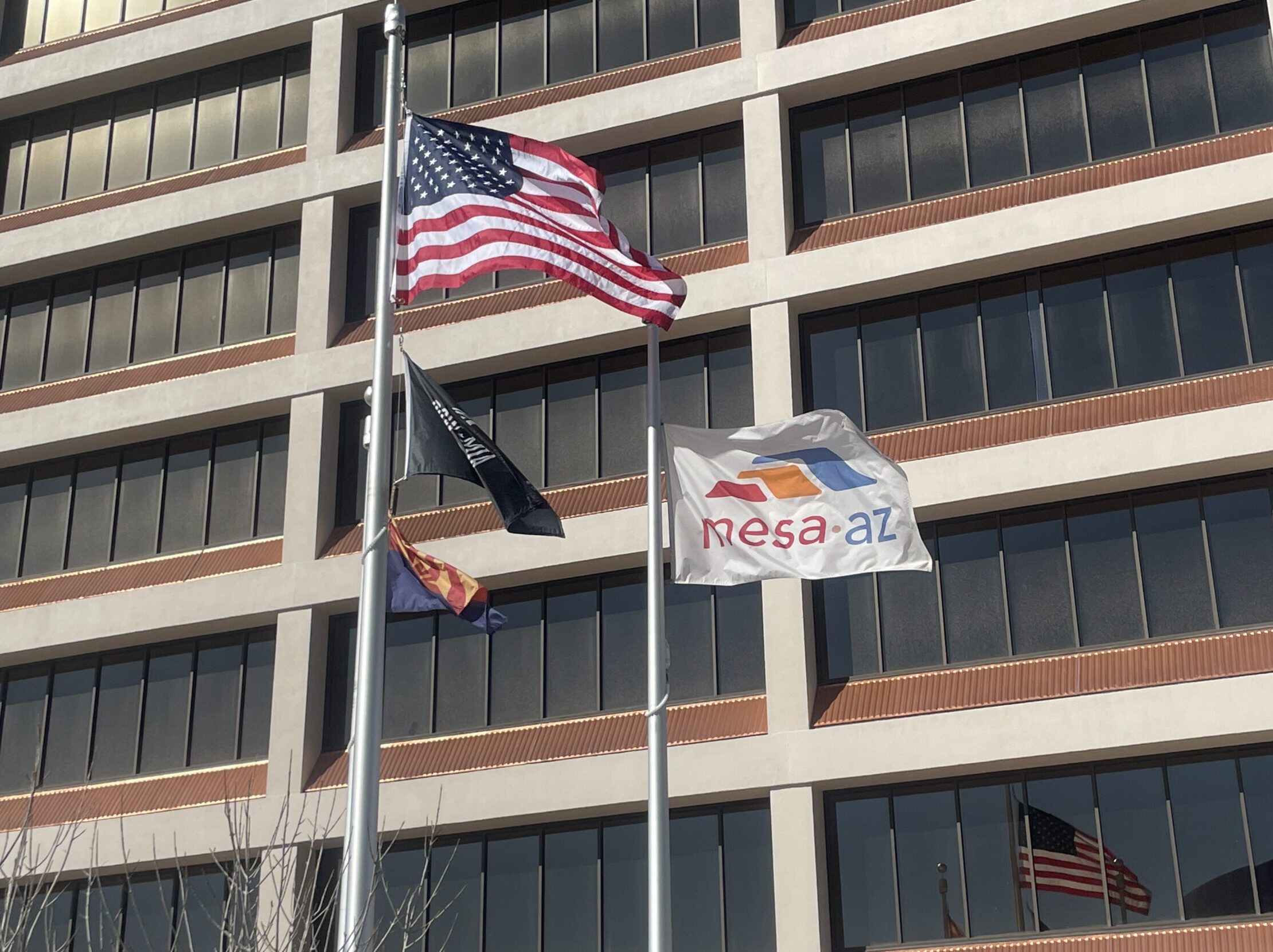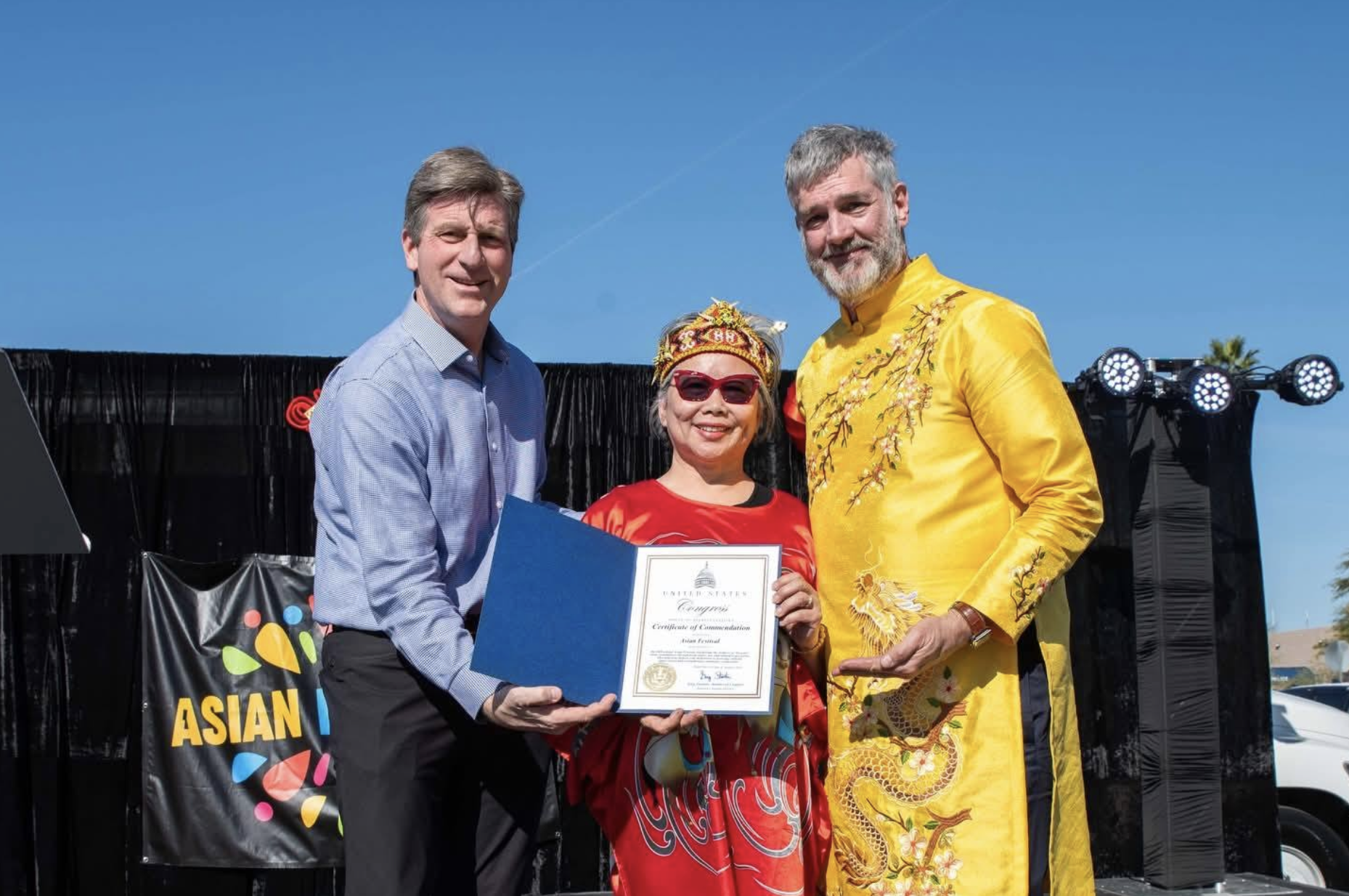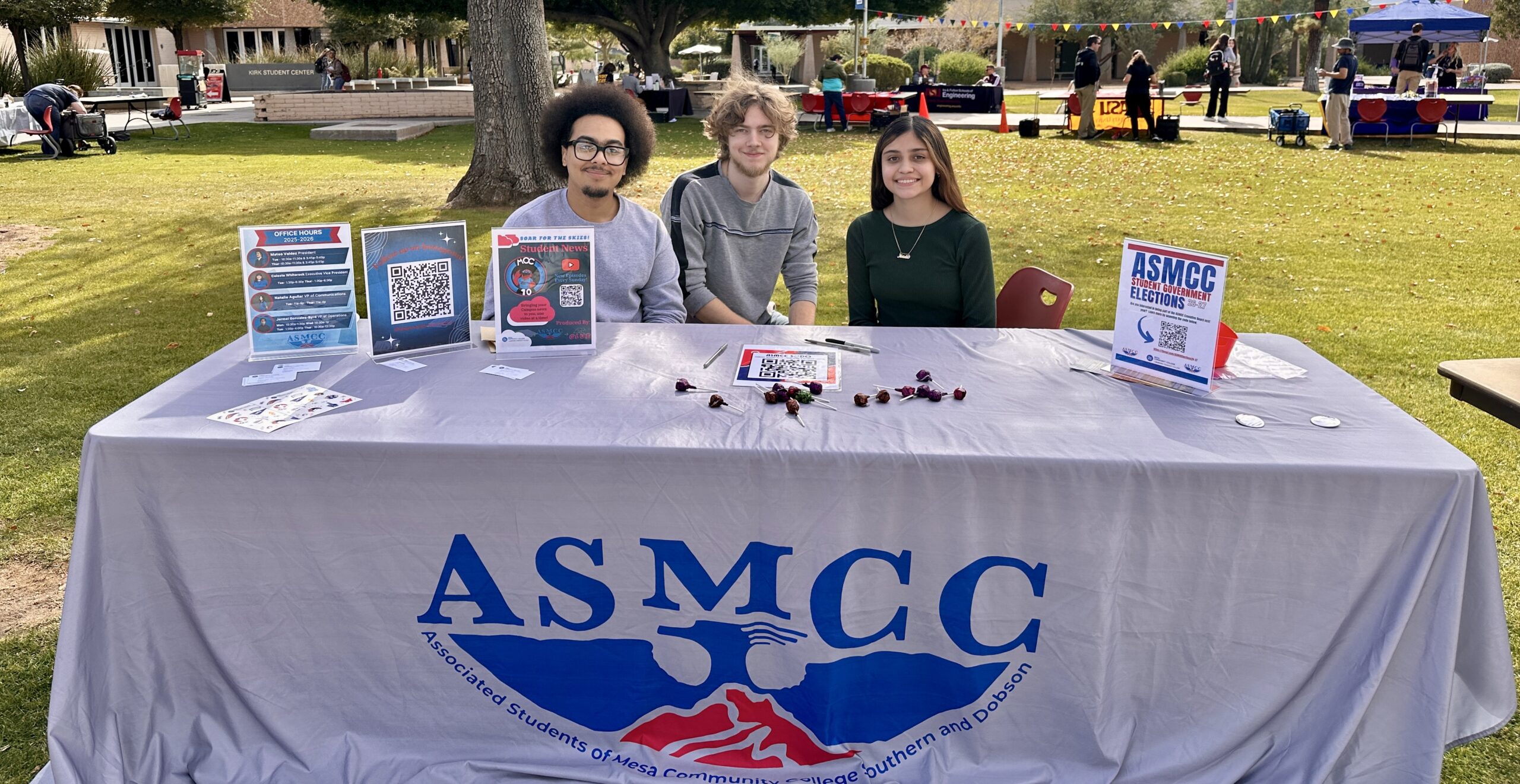Emergency grants help district students in need
By: Michelle Chance
Students enrolled at any Maricopa Community College who experience a financial emergency during the semester, may be eligible to receive an emergency grant funded by the charitable branch of the Marico- pa Community Colleges Faculty Association, called the Maricopa Colleges Faculty Foundation (MCFF).
Barry Vaughan, an instructor of Philosophy and Religious studies, is a member of the MCFF board and the contact at the MCC, Southern and Dobson campus.
According to Vaughan, there is no application process for students who are in need. A student must tell a professor what the emergency is and how much money he or she needs to fix the situation.
“We rely on the professor to assess the situation and to determine whether they think it’s a legitimate need. As long as they believe it’s a legitimate need, they write an email to send to the college contact, with the student’s name and ID number,” Vaughan said. “Then explain
what the need is and give us a number. Once that email comes in, it goes to the board, the board votes and we usually turn it around in 24 hours and have
that check in the student’s hands.”
However, there is a limit to how much grant money is available to students per semester, according to Vaughan.
“We give $7,000 each semester and $4,000 each summer. So we set aside that much and it is first come, first served,” Vaughan said.
Additionally, there is a cap on how much money students can request per individual emergency.
“We put a $500 cap on the grants, but a majority vote of the board could override that if we felt that the circumstances would sufficiently warrant spending more money.” Vaughan also explained that emergency grants are not ongo- ing financial rewards available to students every semester.
“The one key thing is these are one time grants. Once a
student comes to us, they can’t come next semester and say they have another emergency,” Vaughan said.
The reason for this, accord- ing to Vaughan, is to make more emergency grants available to more students in need.
“We are wanting to spread this out. The fact of the matter is we usually exhaust the amount
we set aside within the first two months of the semester. Some- times within the first month of the semester.”
Unlike traditional scholar- ships or grants, where stu- dents must maintain certain requirements, Vaughan said the MCFF’s goal is to keep students from be- ing forced to drop out of school due to unforeseen financial emergencies.
“Our philosophy is any Maricopa student that’s in need is a student wor- thy of help. We don’t ask questions. We don’t care about GPA, to us that’s ir- relevant. We don’t look at any of that,” Vaughan said.
According to Vaughan, students request emergen- cy grants in the event of a financial crisis like domes- tic abuse, help with paying bills, or because of a recent job loss.
“Once, we had a student who was doing most of their courses online and was living up on the rim. He lived on a cabin and was heating it with a wood burning stove. Well, his chain- saw broke down so he couldn’t keep warm or heat his cabin.
So he was going to have to drop out and get a part-time job to afford to buy a new chainsaw. So we bought him a chainsaw,” Vaughan said.
“These needs for students are things that we can do. Most of them are really small amounts. Most of the time it’s between
$50 and $100. But it’s amazing to think for $50 or $100 you can keep students in school so that they finish the semester, as op- posed to having them drop out.” Vaughan said that the volun-
teer work by faculty members through the MCFF is a way to show students that their profes- sors and mentors are there for them.
“We really do care about our students, we’re not just self- centered on ourselves,”Vaughan said . “We’re here because of the students, which is something we have always believed and has al- ways been true, but this is a way of demonstrating it.”
Scholarships for part-time and full-time students are also available for enrolled Maricopa Community College students by the MCFF. For more information call 480-894-8700









